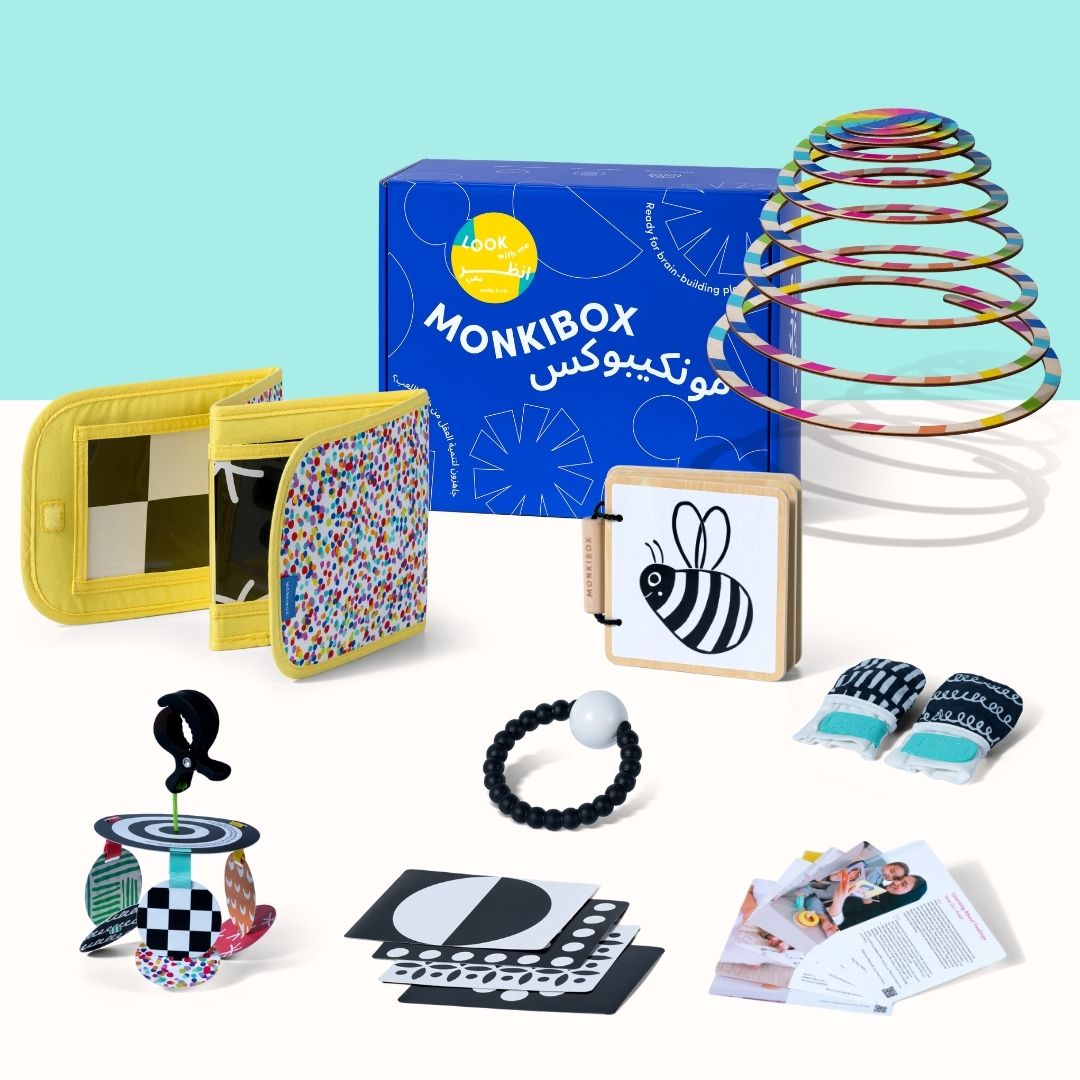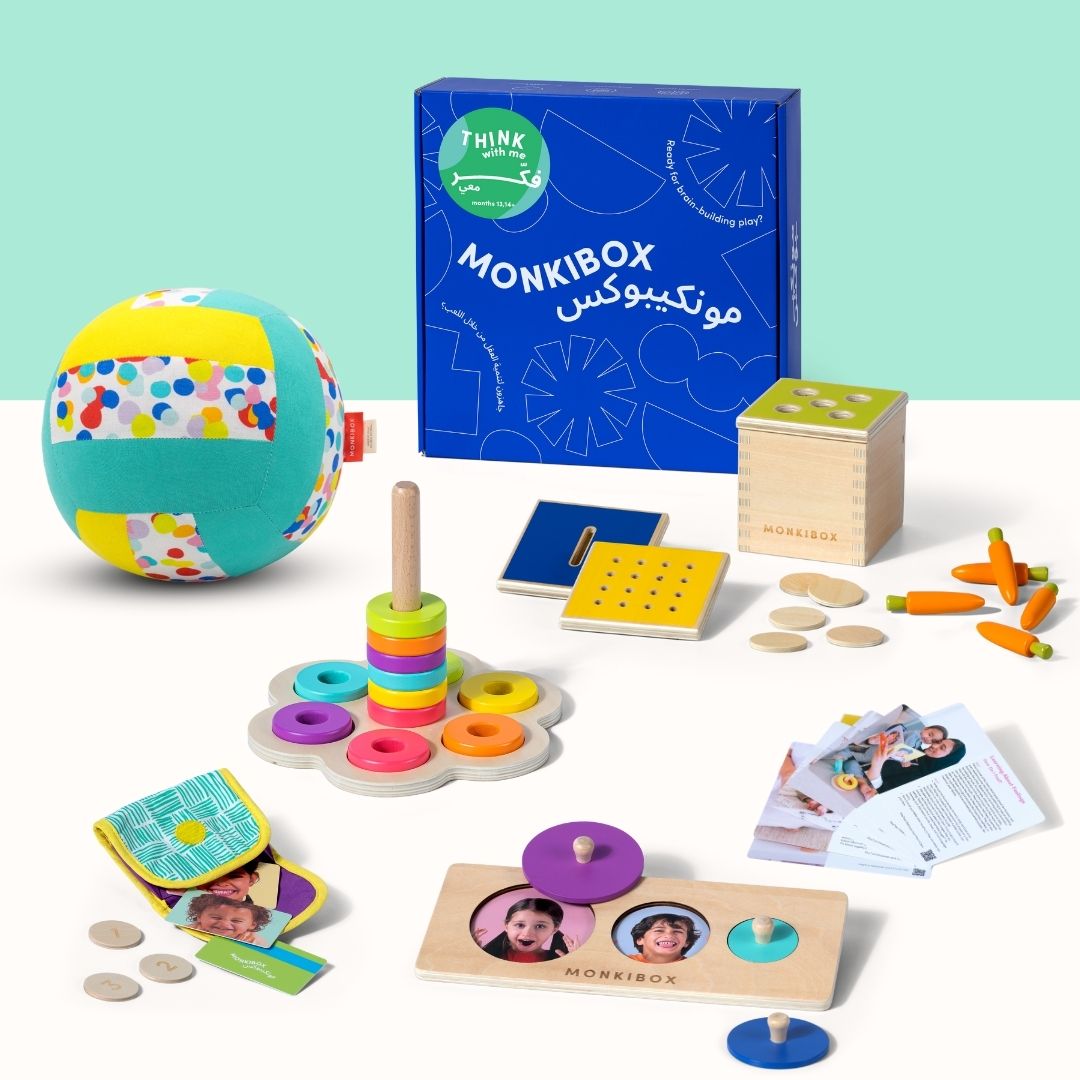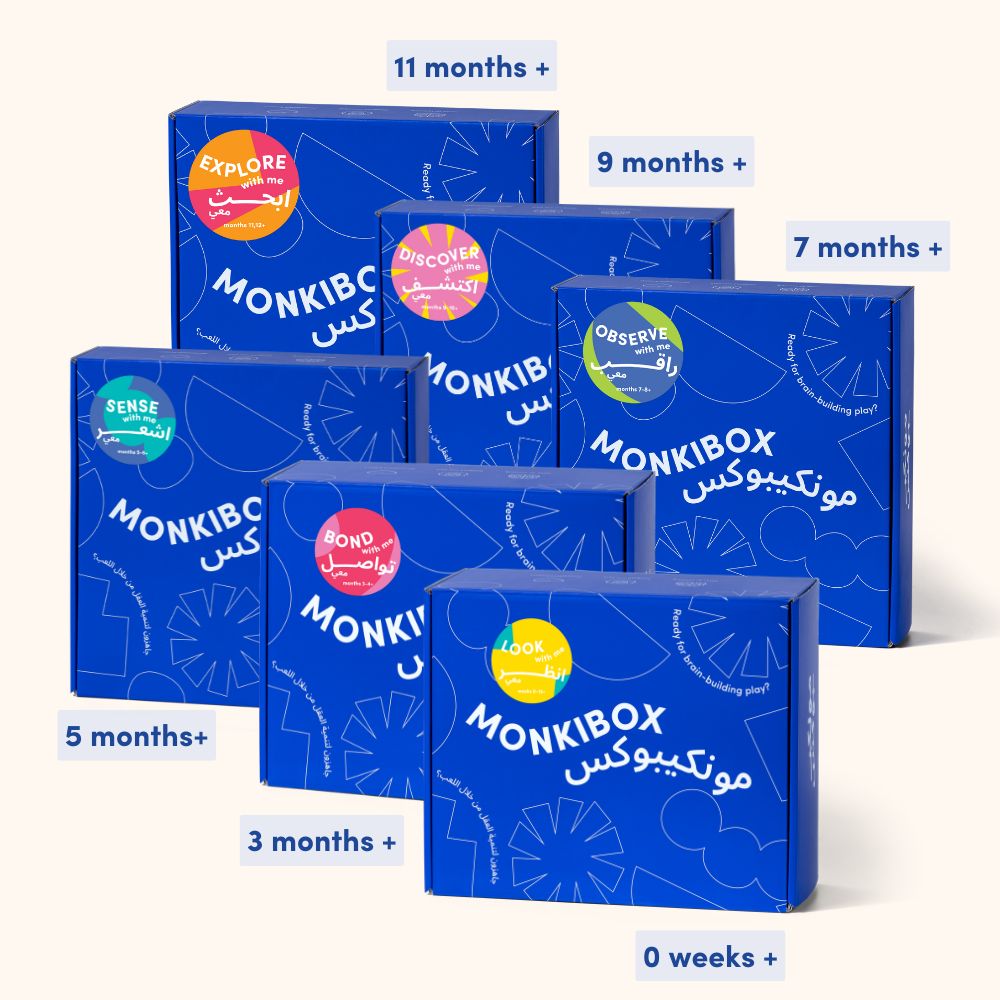As your little one enters toddlerhood, they experience a surge in curiosity, independence, and new emotions. These emotions can lead to frustrations, often manifesting in ways that might seem like misbehavior. However, it’s important to recognize that this is a natural part of their development. Understanding and managing these feelings is crucial for their emotional growth.
Expert Tips for Navigating Toddler Frustrations:
-
Focus on Empathy:
Toddlers often struggle to articulate their feelings. Acknowledging their emotions with phrases like, "I see you're frustrated; this is tricky. Can I help?" validates their experience and encourages emotional regulation. Empathy not only helps them feel understood but also teaches them to identify and express their feelings in a healthy way as they grow.
-
Model Gentle Handling:
Toddlers learn by watching and imitating adults. Demonstrating gentle handling of toys and objects helps them understand how to treat things with care. This is especially important as they explore boundaries and learn the difference between acceptable and unacceptable behaviors. By modeling behavior, they learn respect and care, which are vital in their social-emotional growth. -
Allow Space for Independence:
Sometimes, toddlers need the opportunity to try and fail on their own. Stepping back allows them to engage in self-correction and problem-solving, essential skills for developing resilience. Encouraging them to persist through challenges helps build confidence and the understanding that mistakes are part of learning. -
Use Positive Redirection:
When frustrations arise, redirecting their focus can be an effective way to turn a negative situation into a positive learning experience. For example, if your toddler is struggling with a task, you might say, "Building with blocks can be tough. How about we try making a base first?" This approach acknowledges their difficulty while offering a constructive alternative. -
Praise Positive Behavior:
Positive reinforcement is a powerful tool in early childhood development. Praising your toddler when they handle situations well or treat their toys gently not only boosts their self-esteem but also reinforces the behaviors you want to see more of. Recognizing their achievements, no matter how small, encourages continued positive behavior and helps them develop a growth mindset.
Navigating these emotional changes can be challenging, but with expert strategies, you can support your toddler's growth and development effectively, laying a strong foundation for their future emotional intelligence.





